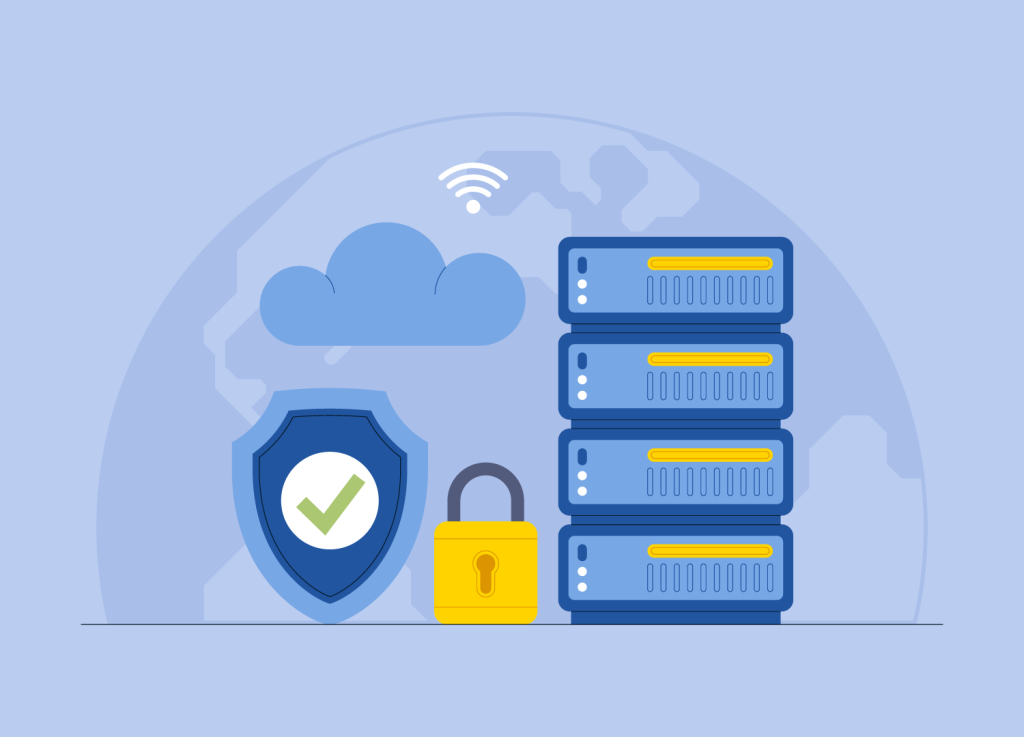In the digital landscape, proxies have become an essential tool for various online activities, from web scraping and automated tasks to privacy and security enhancement. When it comes to choosing between residential proxies and datacenter proxies, it is crucial to understand their distinct characteristics and use cases to determine the right proxy setup for your needs. Residential proxies are IP addresses assigned to real, physical devices connected to the internet through Internet Service Providers (ISPs). They mimic genuine user behavior, making them highly effective for tasks that require anonymity and mimicry of human interaction. Since residential proxies are associated with real devices, they are less likely to be detected as proxies by websites, thus lowering the risk of being blocked or banned. They are particularly valuable for web scraping, ad verification and accessing geo-restricted content. However, residential proxies can be slower compared to datacenter proxies due to their reliance on consumer-grade internet connections. Additionally, they tend to be more expensive due to the operational costs associated with maintaining residential infrastructure.

On the other hand, datacenter proxies are not associated with ISPs or physical locations. Instead, they are obtained from datacenters that house servers. These proxies offer speed and stability, making them suitable for tasks that demand high performance and quick response times, such as SEO tracking and market research. Datacenter proxies are generally more affordable than residential proxies, making them an attractive option for businesses operating on a budget. However, they are more easily detectable as proxies by websites due to their lack of an organic connection to an ISP, which increases the risk of being blocked, particularly when engaging in activities that require a low profile. Choosing the right proxy setup depends on your specific use case and priorities.
If you require the highest level of anonymity and need to navigate websites as if you were an ordinary user, residential proxies are the way to go. Proxy-sale provide authentic IP addresses and reduce the likelihood of being blocked, making them suitable for tasks that demand discretion. On the other hand, if speed, performance and cost-efficiency are your primary concerns, datacenter proxies offer a reliable solution for tasks that do not necessitate mimicking human behavior. In conclusion, the decision between residential and datacenter proxies hinges on the balance between anonymity and performance. If your activities require blending in with genuine users and avoiding detection, residential proxies are the preferred choice. For tasks prioritizing speed and efficiency while accepting a higher risk of detection, datacenter proxies offer a cost-effective solution. Ultimately, understanding the strengths and limitations of each proxy type is essential in making an informed decision that aligns with your specific requirements.
